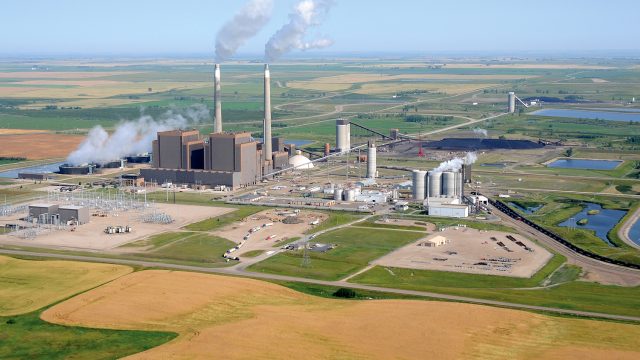The Obama Administration’s Clean Power Plan Is Unnecessary

“Most states on track to meet emissions targets they call burden, but not North Dakota”
That was a headline from Reuters over the weekend what detailed how many states (but not, you know, North Dakota) are on track to comply with the Obama administration’s Clean Power Plan even as some of those states are suing over it.
There are two points to make from the article.
[mks_pullquote align=”right” width=”300″ size=”24″ bg_color=”#ffffff” txt_color=”#000000″]The Obama administration has picked a fight over costly regulations the goals of which a) would be addressed by the market anyway and b) cannot be accomplished by all states on the same timeline.[/mks_pullquote]
First, in light of the progress being made, it seems as though the CPP was an utterly unnecessary flexing of federal muscle. “We are seeing reductions earlier than we ever expected,” EPA Administrator Gina McCarthy told Reuters. “It’s a great sign that the market has already shifted and people are invested in the newer technologies, even while we are in litigation.”
Right. And a great sign that the Obama administration didn’t need to bigfoot the states, picking a fight that will live on in litigation for years to come. “The CPP is very dramatic in the speed at which it would require things to happen,” Chris Nelson, chairman of the South Dakota Public Utilities Commission, told Reuters. “If you let the market play out, those things take care of themselves.”
Exactly.
Second, as to why North Dakota is not on track to hit the emissions targets (Wisconsin, Wyoming, and Montana are in the same boat), it’s because our state was hit particularly hard by the regulations.
“South Dakota, Montana, and North Dakota must make the steepest cuts,” Sam Batkins wrote for the American Action Forum last year.
This is the problem with one-size-fits-all federal policy of this sort. The Obama administration has picked a fight over costly regulations the goals of which a) would be addressed by the market anyway and b) cannot be accomplished by all states on the same timeline.
Because, get this, there is a lot of differences between the various states when it comes to natural resources and emissions.
Shocking, I know.
What a waste.




